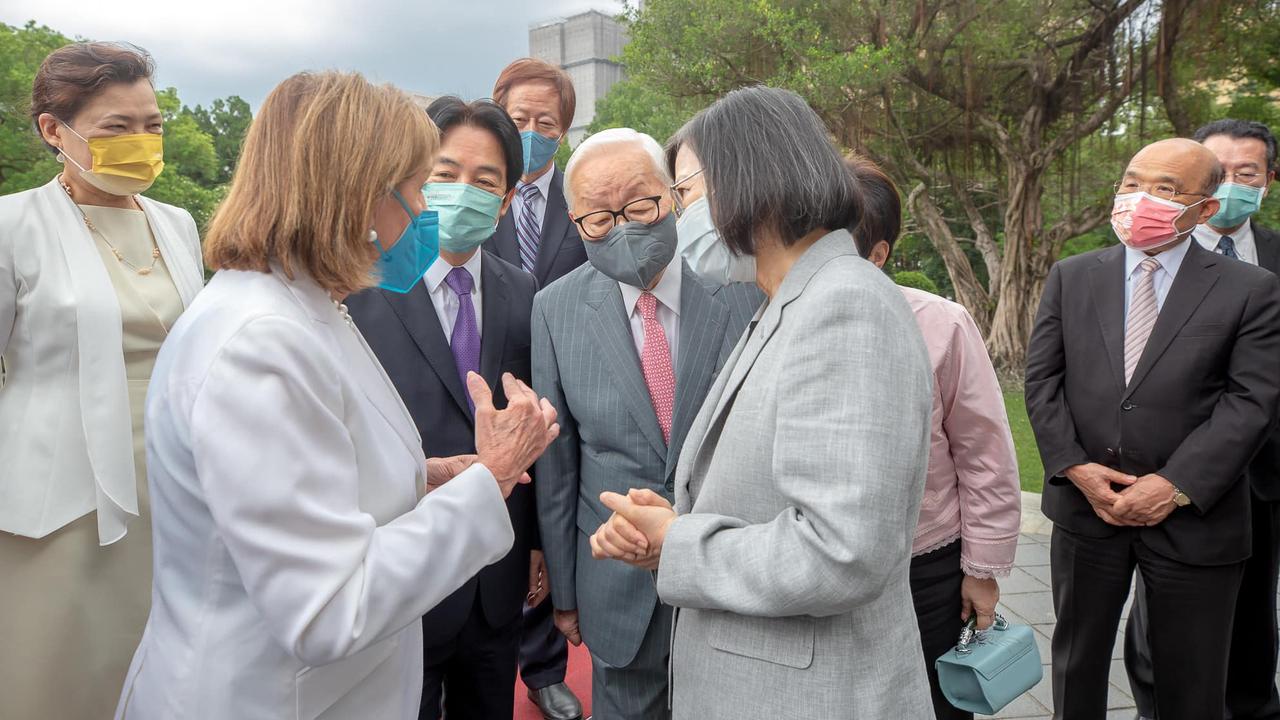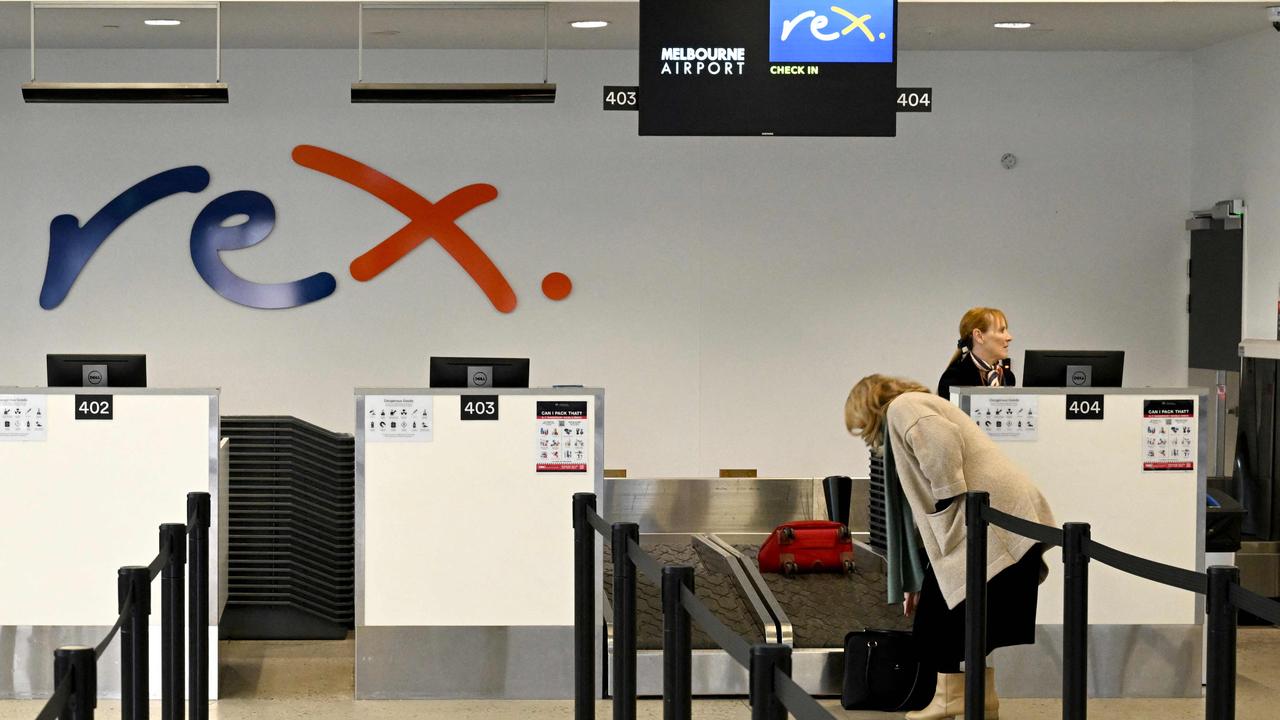China’s Taiwan actions could endanger global chip supply afresh
China’s action against Taiwan could deepen the global semiconductor shortage depending on how it plays out.

Business
Don't miss out on the headlines from Business. Followed categories will be added to My News.
China’s action against Taiwan could deepen the global semiconductor shortage with the country housing the world’s leading chip foundry.
China’s initial action has been to suspend the export of natural sand to Taiwan, which will impact construction and could affect the world’s leading chip foundry, Taiwan Semiconductor Manufacturing Company (TSMC), which produces silicon.
The company produces more than 90 per cent of the world’s most advanced computer chips for a big range of clients including Apple, Intel, AMD and Broadcom.
According to Gartner, Taiwan-based foundries held 68.4 per cent of market share in 2021, with TSMC maintaining its leadership position with 56.6 per cent market share.
Taiwan’s government already has dismissed China’s move on sand, with the country’s Bureau of Mines saying the ban would have ‘limited impact’.
“China has gradually reduced the export of natural sand since 1995, and the import of natural sand in the past two years was 450,000 and 540,000 metric tons, accounting for 0.64 per cent and 0.75 per cent of domestic demand, respectively.”
But the threat to supply could originate from another source – energy. The Wall Street Journal reports that only 12 per cent of Taiwan’s energy is produced domestically and the island depends heavily on imported liquefied natural gas to generate power.
“An interruption to such exports could end up in a large drop of power generation capacity within days, and bring much of the island’s manufacturing to a standstill,” says Mark Williams, chief Asia economist at Capital Economics in the journal.
Added to this is longer term concerns about power supply risks at TSMC. In June Nikkei Asia reported a warning that Taiwan’s precarious power and water supplies could potentially impact its operation on the island. There would be additional lengthy delays to TSMC’s operation due to the time needed for a foundry to rescale back to full production after a substantial interruption.
There is also the possibility of a fresh global panic with some countries buying and stockpiling chips if they perceived a shortage on the horizon.
Stockpiling has occurred before. In the wake of the US government ban on products produced by Huawei and ZTE, Gartner’s Taiwan-based semiconductor analyst Ben Lee estimated that Huawei may have snapped up as many as five billion chips — around half a year’s supply.
Stockpiling of chips was part of a perfect storm that led to the computer chip shortage exacerbated by Covid.
University of Technology supply chain expert Sanjoy Paul said China itself was dependent on chips from TSMC and would lose out if its sanction impacted the foundry’s operation. He predicted “very minimal impact” in the short term.
However, if China took additional actions and it impacted TSMC, the outcome would be substantial globally. It would create “an imbalance” in the supply chain across industries. That would include impacting China-based production of Apple iPhones, for example.
“I don’t believe China will take such drastic actions because China itself cannot survive without TSMC. But if they did, China would suffer a lot.”
The blockade and trade bans could see the speeding up of moves by TSMC to relocate more of its production outside Taiwan, including within the US. In 2020, TSMC announced the construction of a chip plant at Arizona, but has faced construction delays since.
US House speaker Nancy Pelosi met with TSMC founder Morris Chang and other technology leaders during her time in Taipei.
Dr Paul believed the US would want TSMC to speed up relocating chip manufacturing to other countries, including the US.
He said TSMC was becoming less reliant on China over time. “Their market in China has gradually decreased in the last two years, from 20 per cent to almost 10 per cent,” he said.
Originally published as China’s Taiwan actions could endanger global chip supply afresh







